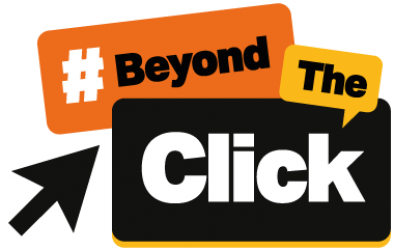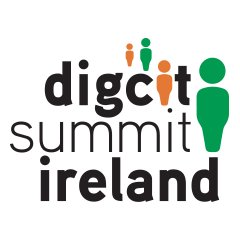Acknowledgements
We are delighted to launch the toolkit at the inaugural Digital Citizenship Summit Ireland, April 28th, 2018.
This toolkit project took many twists and turns, and builds on the engagement and testing of ideas and tools with a broad range of teachers, educators and trainers over a 12 month period, involving nearly 100 people. It is the product of many workshops and group consultations both online and offline, and leads out of previous digital learning projects, including the Let’s Talk Project and the Minecraft/Sustainable Development Goals initiative.
We are hugely grateful to the individuals and groups who took time to get involved and share their views and challenges within and around digital citizenship education:
Tanya Farrelly, David Butler, Grace McManus and Cara Augustenborg for supporting The Post-Truth is Out There session at the Bray Literary Festival 2017 // Maeve Tierney, St Cronan’s BNS, Bray // masters students in University of Malta Conflict and Development course 2017-18 // Áine Ní Éalaí, Global Citizen Award and EIL education committee members // Amal de Chickera and Zahra Albarazi, the Institute on Statelessness and Inclusion // Dermot O’Brien // Phil Glendenning and Dom Ofner, Edmund Rice Centre for Justice and Community Education // Clifton Rooney, Pres Bray // #edchatie teachers and educators as part of the online conversation March 5th, 2018 // Michael Doorly, Concern Worldwide // Éimear Green from the Irish Development Education Association for co-leading a joint webinar on March 20th 2018 and webinar participants Gareth Conlon (Cómhlamh), Valerie Duffy (National Youth Council of Ireland), Ann Fitzpatrick, Kathy O’Hare (University College Cork), Julia Haimlinger (Global Action Plan), Siobhan Hughes (Serve), Natasha Kalidin, Emma Lynch (Tearfund), David R. Pollard (Learning Tech Labs), Paula Needham, Monica Reilly and Dominick Whelan (Junior Chamber International, Galway) // Eoin Heany (An Taisce) // Michelle D’Arcy (Trinity College Dublin) and Ciara Barry (Fossil Free TCD) // members of the Development Education Working Group (DEG), Dóchas.
Particular thanks to Michelle Alexander and staff at the Teaching Tolerance Project of the Southern Poverty Law Center and Scott Sinclair and TIDE~ Global Learning for permissions to republish the Teaching Tolerance Digital Literacy Framework and the Development Compass Rose, respectively, and Martyn Turner for permission to republish his work.
And thanks to the 80:20 team for ongoing support and critical feedback: Ciara Regan, Toni Pyke, Úna McGrath, Tom Daly and management committee members Mary Rose Costello, Mags Crean, Gerry Duffy, Louise Gaskin, Gráinne McGettrick, Dermot O’Brien and Fiachra O’Mathuna.
Credits
Written by: Tony Daly and Colm Regan
Design and development: Dylan Creane at Gush Design
Developed in collaboration with the Edmund Rice Centre for Justice and Community Education , Concern Worldwide and the Irish Development Education Association
Publisher: 80:20 Educating and Acting for a Better World
Publication date: April 28, 2018
ISBN: 978-0-9930234-7-7
Copyright:

This work is licensed under a Creative Commons Attribution-NonCommercial 4.0 International License.
If you have any queries about republishing or using the toolkit please contact us as we’re always interested in exploring it’s reach and use.
Please check individual infographics and source materials for licensing and copyright details.
3rd Party Image Attributions
The Sustainable Development Goals icons are used in accordance with the Guidance for the use of the SDG logo document issued by the UN Department of Public Information (2018)
Featured images credit: Strand 5 – Data security breach (September 30, 2016) by Blogtrepreneur via Flickr (CC-BY-2.0); Strand 6 – Whatsinyourbag – Ten years on (November 12, 2017) by Jonty via Flickr (CC-BY-SA); Strand 8 – Strange Bedfellows (January 8, 2012) by Viewminder via Flickr (CC-BY-NC-ND).
Funding
This resource was part-funded by Irish Aid. The ideas, opinions and comments therein are entirely the responsibility of its author(s) and do not necessarily represent or reflect Irish Aid policy.



